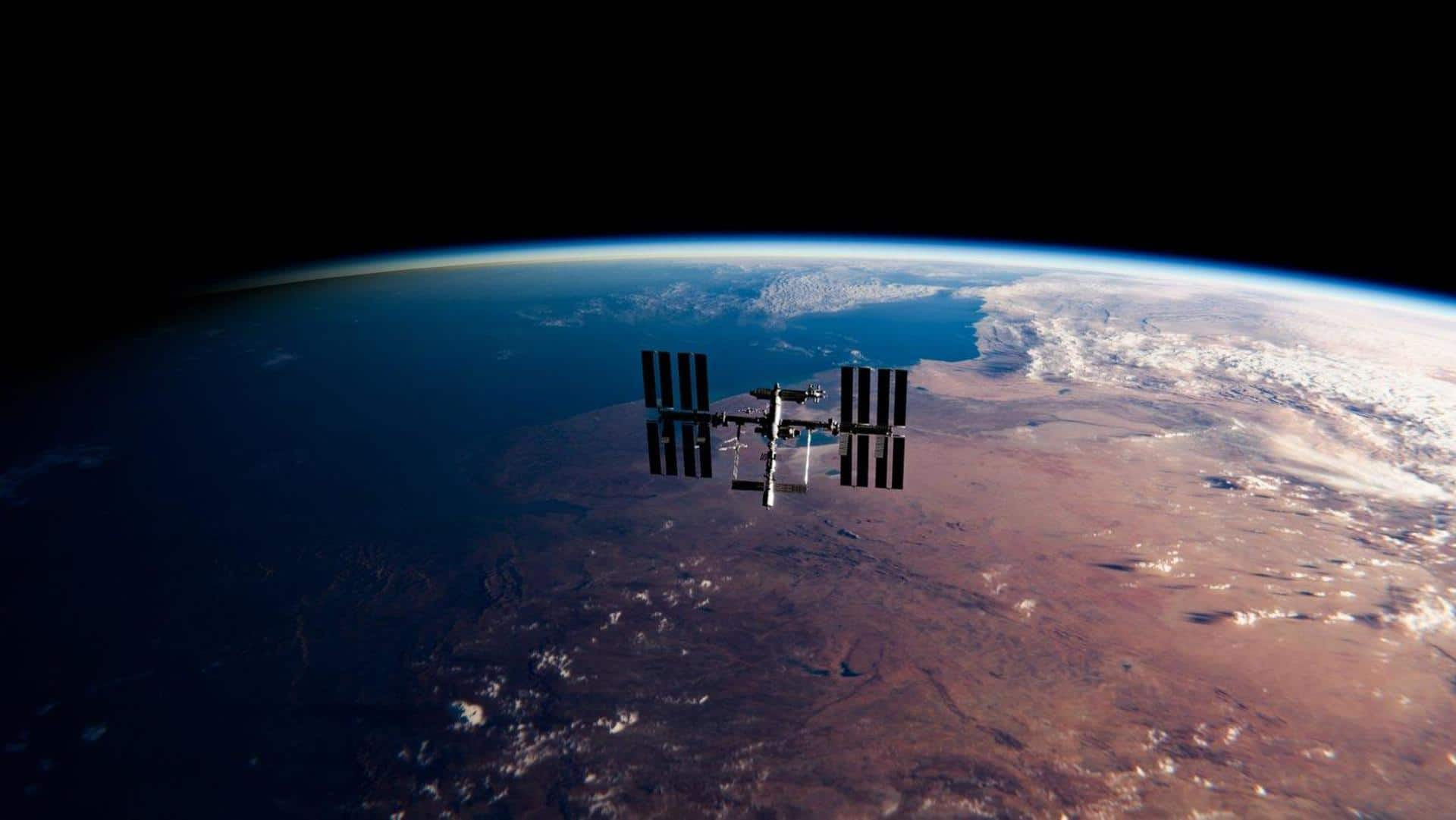
Key science experiments Ax-2 mission astronauts will perform on ISS
What's the story
Texas-based Axiom Space has launched Ax-2, its second all-private astronaut mission to the International Space Station (ISS). The four mission astronauts will perform several crucial scientific experiments during their stay at the orbiting space lab, including growing stem cells in space for the first time. Let us take a closer look at some of the key science experiments to be conducted by Ax-2 astronauts.
Context
Why does this story matter?
The Ax-2 mission marks several significant milestones for Axiom Space. To list a few, it is the first private mission commanded by a woman. Also, for the first time that astronauts from Saudi Arabia will visit the ISS. The Ax-2 crew will spend eight days at the orbiting space lab where they will perform science, outreach, and commercial activities, among other mission-related tasks.
Crew
First, meet the crew of the Ax-2 mission
Ax-2 is special for Rayyana Barnawi, who is the first woman astronaut from Saudi Arabia and the first Arab female to orbit Earth. Barnawi and Ali Al-Qarni, who is also from Saudi, serve as mission specialists. Peggy Whitson, a former NASA astronaut and Axiom Space's Director of Human Spaceflight, is the commander of the mission. John Shoffner, from Knoxville, Tennessee, is the pilot.
Science experiments
Astronauts will carry out over 20 investigations
During their stay at the ISS, the Ax-2 mission astronauts will conduct more than "20 different experiments." One of the scientific investigations involves stem cells. The crew will investigate the effect low gravity conditions in space will have on stem cells, specifically induced pluripotent stem cells (iPSCs). This study will have implications on Earth as well, particularly in the field of regenerative medicine.
Detail
What is iPSC?
iPSC is a powerful type of stem cell. It has been reprogrammed from an adult cell to return to a state called "pluripotency," where the cell can be turned into nearly any cell type found in the human body. The crew will study how microgravity conditions in space impact the way the cells divide, and their ability to take up DNA.
Tissue constructs
The studies also include bioengineered liver and kidney tissue constructs
The Ax-2 mission also involves research on bioengineered liver and kidney tissue constructs, to assess the impact of microgravity on the "vascularization of thick tissues." This is the first time that "bio-printed solid tissue constructs" are sent to the ISS. Previous studies have shown that under microgravity conditions, cells exhibit "genetic and functional changes, including increased motility and proliferation," as per Axiom Space.
Milestone
Study could lead to in-space bioengineering of tissues
Studying larger tissue constructs will help researchers understand how the liver and kidney cells respond, and how an endothelial coating of blood vessel cells reacts under a microgravity environment. If successful, this technology could lead to the "in-space bioengineering of 'building blocks' of tissue that can serve as a bridge to transplants in patients awaiting a limited supply of donor organs," said Axiom Space.
Janus materials
The mission also involves studies on biologically-inspired nanotubes
In addition, the mission is carrying DNA-inspired Janus-based nanomaterials (JBN). Claimed to be a versatile material, the biologically inspired nanotubes can be assembled to produce a range of products for therapeutic applications. JBN can be used to produce a new type of nanotube (JBNt), a room temperature-stable mRNA therapeutic delivery platform (JBNp), and an injectable matrix (JBNm) for cartilage repair and regeneration.
Immune cells
Astronauts will monitor changes in mRNA decay as well
The crew will also study the inflammatory response of human immune cells in space. In particular, the astronauts will be monitoring changes in mRNA decay, "a process that regulates gene expression changes in cells and can influence the effects of inflammation." In parallel, ground-based studies will be performed on Earth where cells will be treated with a substance that stimulates an inflammatory response.
Information
The study will have significant implications
Studying the changes in mRNA expression and decay can lead to a "better understanding of the immune system and uncover biomarkers or potential therapies for inflammatory diseases both in space and on Earth."